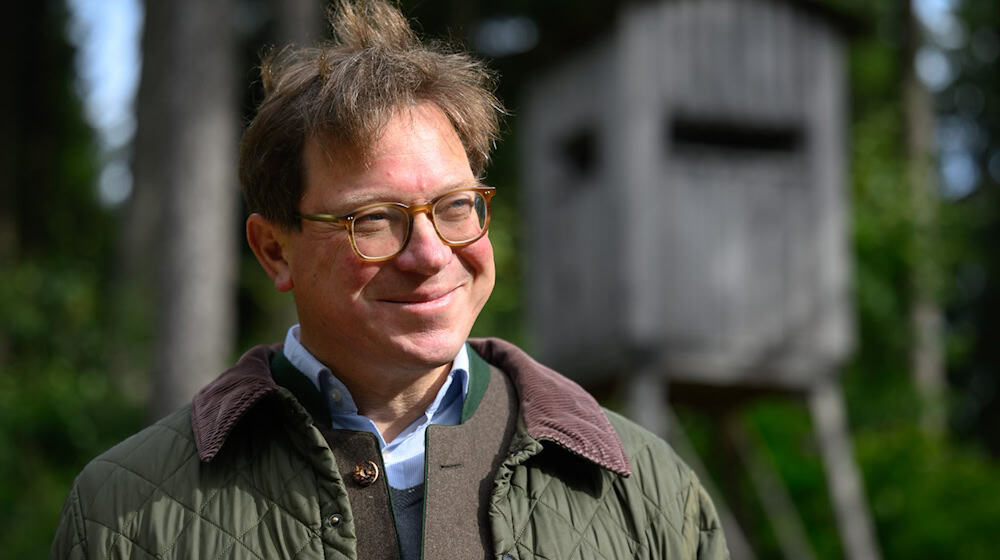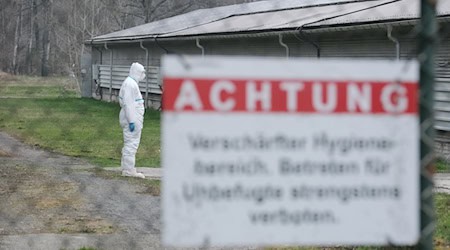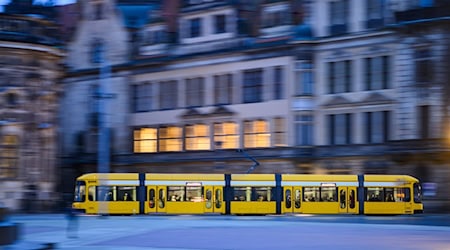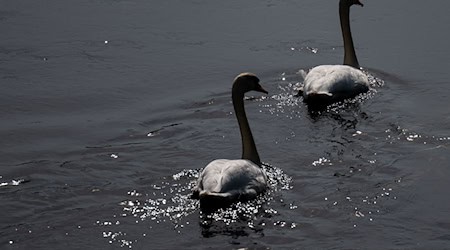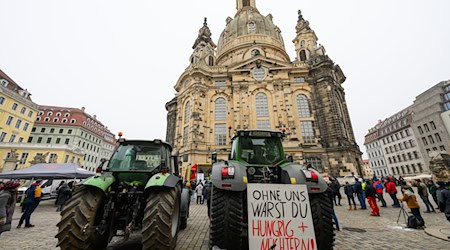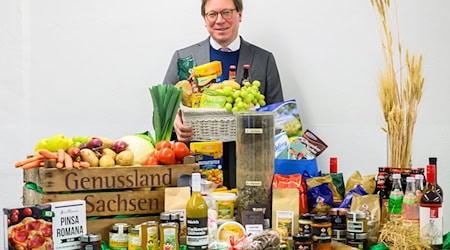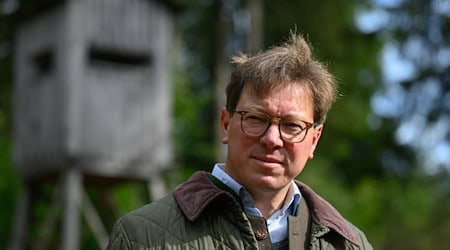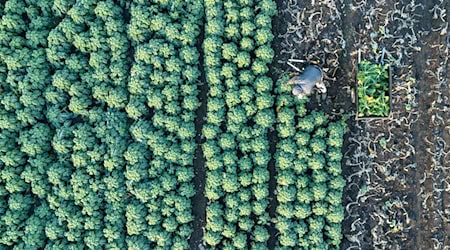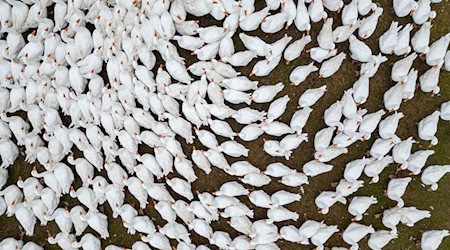Saxony's Minister of Agriculture Georg-Ludwig von Breitenbuch (CDU) believes that the state is well equipped for organic farming. "With around ten percent of agricultural land in Saxony, we are seeing market-driven growth in organic farming. Our Saxon organic farms are well positioned to meet the constantly growing demand for organic food," he told the German Press Agency.
Strengthening regional value creation
"I associate this development above all with a strengthening of regional value creation, which can make an important contribution to food security even in challenging times," emphasized von Breitenbuch. The potential for innovation would also strengthen the Free State if, in addition to promoting organic farming further down the chain, the food industry was also supported. For example, organic processors could expand and develop production capacities for processing cereals and legumes - including field beans and peas.
"These are examples that show that, together with conventional farms, we can succeed in strengthening and promoting a united, regionally strongly networked and therefore competitive agriculture in Bavaria," said von Breitenbuch. In order to promote the exchange of expertise between "organic" and "conventional", the range of tasks of the Saxon Competence Center for Organic Farming with the task of knowledge transfer for conventional farms has been concentrated in one unit at the State Office for Environment, Agriculture and Geology.
In Saxony, the amount of organically farmed land has increased continuously in recent years. According to the State Foundation for Nature and the Environment, they grew by 140 percent to 89,453 hectares between 2015 and 2024. From 2020 to 2024, the size of organically farmed areas increased by 23.4 percent. "That is a top figure nationwide. Only the city state of Bremen is even better," it said. Organic viticulture is also on the rise, with almost 20 percent of vineyards already being farmed organically.
Eco-farming important for preserving biodiversity
Robert Clemen, Director of the Landesstiftung Natur und Umwelt, is delighted with the development. "Organic farming conserves our natural resources: soil, water and, of course, the climate. Organic farming makes an indispensable contribution to the preservation of biodiversity and animal welfare. It offers its farms good income prospects and also strengthens rural areas," he recently explained at a symposium.
The Ore Mountains with an organic share of 15.3 percent of the agricultural area and the Vogtland with 25.9 percent are considered to be the main focus of organic farming in Saxony. Organic food companies are also active throughout Saxony, processing organic raw materials for regional, national and global markets.
Quantities produced in Germany are not sufficient to meet demand
However, the Saxon Ministry of Agriculture also points out a challenge. "The quantities produced in Germany are currently lagging behind the growth in consumption. To achieve this, organic acreage and productivity would have to increase analogously and the products produced would have to be remunerated fairly by the trade," it said. Otherwise, consumer demand would be met by imports.
Saxony has been supporting organic farms for many years. The additional costs incurred by organic farms and reduced yields are compensated proportionately. Investments are required to convert to organic farming. The Free State of Bavaria supports this with investment funding from the EU and the state. The coalition agreement of the current CDU-SPD government formulates the goal of increasing regional value creation. This goal applies equally to organic food and conventional food.
Copyright 2025, dpa (www.dpa.de). All rights reserved

